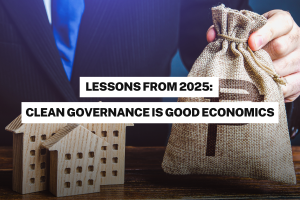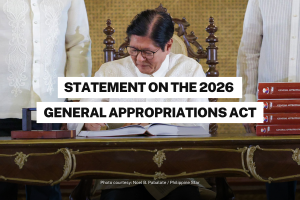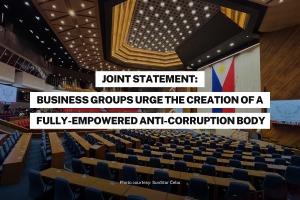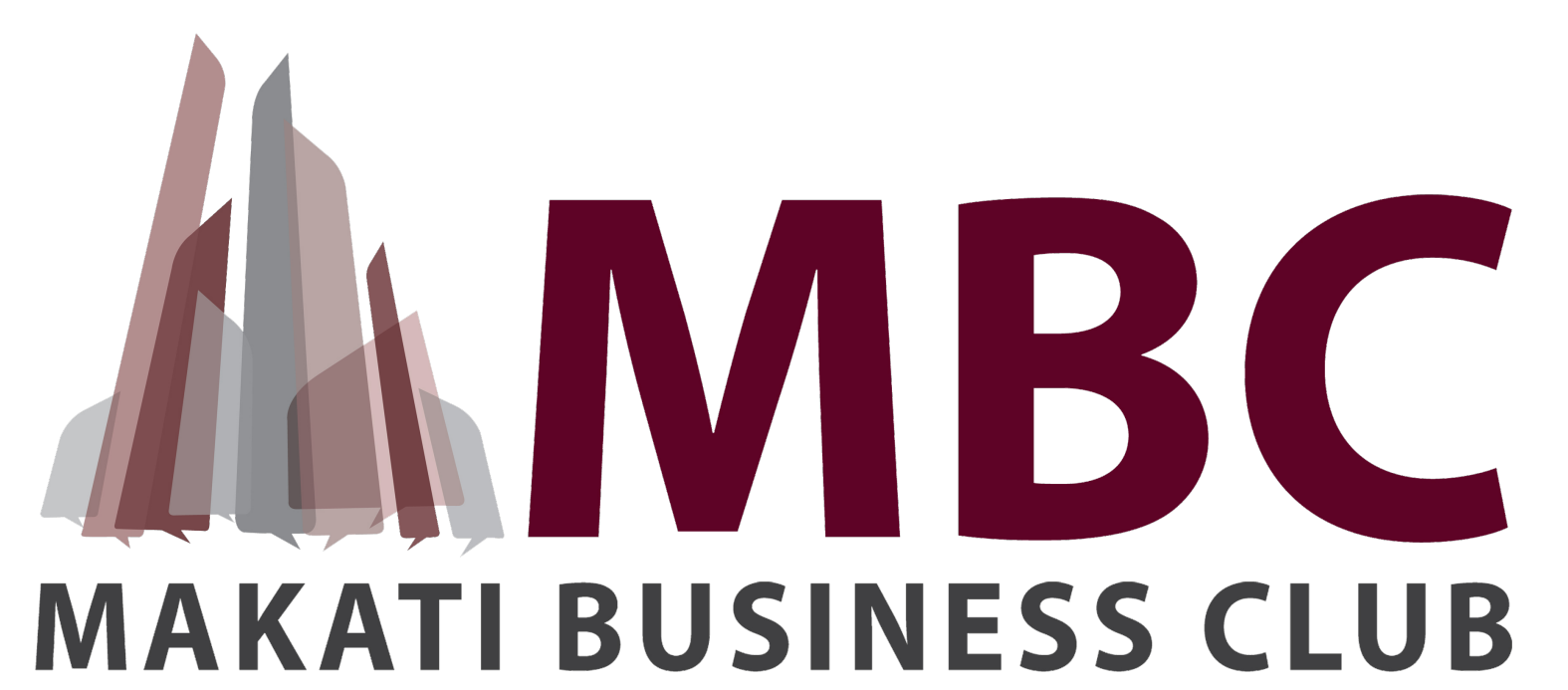CIRCULAR ECONOMY VIRTUAL FORUM:
Circular Business Models: Efficiency Gains and Potential Profitability
5 December 2022 –MBC and the Embassy of the Netherlands in the Philippines held the second installment of their Circular Economy Forum Series on “Circular Business Models: Efficiency Gains and Potential Profitability”
For the second session, Dutch companies who had circular initiatives, in the global and local scene shared their best practices: Hans Breukelman of BreAd BV, Luuk Rietvelt of Harvest Waste BV, and Tarang Gupta of Alaska Milk Corporation (Royal FrieslandCampina).
Managing Director of Bread BV’s Hans Breukelman shared his experience with waste management in developing countries. “The focus is mostly on cities and we tend to forget the rural areas. I always underline the importance of allocating resources to rural areas. Wastes that are not collected in rural areas end up in the seas. It’s an enormous contributor to marine plastic pollution,” Breukelman emphasized.
Luuk Rietvelt, Asia and the Pacific Regional Manager of Harvest Waste BV noted that proper waste management does not come for free. “If you want to sustainably dispose of your waste, you need to scale it up because this decreases costs – economies of scale holds. It is important for a higher level of government (national or provincial) to lead and drive the creation of regional waste disposal facilities, foster cooperation between multiple member LGUs, and work with the private sector.”
In addition, Tarang Gupta, Managing Director of Alaska Milk Corporation (AMC) brought up that “As a multinational company [AMC], we want it end-to-end. When we say extended producers’ responsibility, we also have extended human rights responsibility. Any chain that we partner with in the value chain cannot be violating any of the human rights.”
This forum is an activity under the Circular Economy Program, a joint initiative of MBC and the Embassy of the Netherlands to inspire corporate action and private-public partnerships toward the transition to a circular economy. This means a firm commitment of the business sector to achieving plastic neutrality.

Lessons from 2025: Clean Governance is Good Economics
Lessons from 2025: Clean Governance is Good Economics 26 January 2026 – 2025 started off with a major controversy surrounding the National Budget, which had

Statement on the 2026 General Appropriations Act
Statement on the 2026 General Appropriations Act 05 January 2026 – The 2026 General Appropriations Act, signed today by the President, represents an improvement compared

Joint Statement: Business Groups Urge the Creation of a Fully-Empowered Anti-Corruption Body
Joint Statement Business Groups Urge the Creation of a Fully-Empowered Anti-Corruption Body 10 December 2025 – We, the undersigned Philippine Business Groups, respectfully convey our
